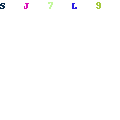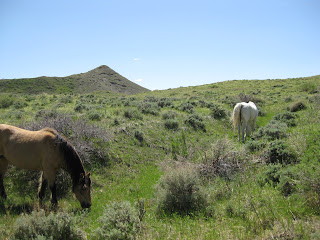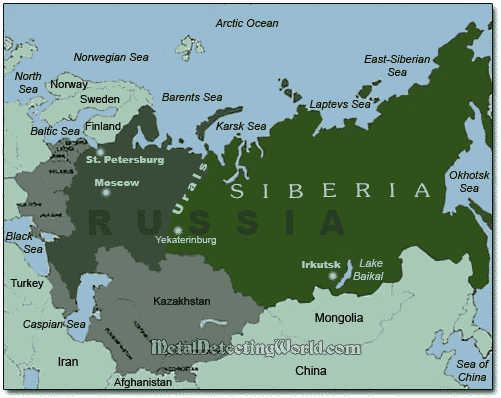This week's topic is the top five books of 2011. But "of" is so vague, and I read so very much throughout the year, that I am going to go ahead with two lists: one of books released in 2011, and one of books I read this year, but were published earlier.
So in no order, with my Goodreads reviews (if I wrote one):
Published in 2011:
° The Scorpio Races, by Maggie Stifevater—specifically, the audiobook version.
This amp should go to 11; five stars is, really truly, not enough. What a story. What characters! Oh Dove, my Dove. Stifevater's outdone herself. If you can get the audio, even if you have already read the printed copy, I urge urge urge it. These readers are TOPS.
° Anna Dressed in Blood, by Kendare Blake.
So, first, the cover. When I first saw this cover reveal earlier this year, I was impressed and thoroughly spooked out. When I finally got it in my hot little hands, I was even happier with it. When I turned the last page of the book, all I could think was, I wish there was more blood. So book two? Please bring me more blood front and center. Thank you.° Don't Stop Now, by Julie Halpern.
I loved this book. I loved this book to bits and pieces and shreds. I loved Anna; I loved Thunder Bay; I loved the improbable addition of Queen Bee Carmel to the ghostfighting squad. I loved the freshness of the writing, which was clear and honest, and filled with enough unexpected turns of phrase and thought that I burst out laughing repeatedly (in the best way). The violence and gore, too, was pitch perfect—not gratuitous, always interesting, always moving the story forward in the best, most gruesome, way.
And Cas. I adored Cas. That he rationalizes his interest in Anna as being kind of perfect, even if it is more than a bit wrong, is realistic (well, as far as ghosts go); that he can't think about how the relationship would play out after five or ten years is even more so. He was just mature and pragmatic enough to make the effects of his job seem real, while at the same time jussssst enough self-focused and shortsighted to be a believable teenager.
The story, too, was strong and well-paced, and ended up feeling like a very satisfying television miniseries rather than a fleshed out single episode. It was comfortable territory, coming in as a rabid fan of Supernatural, but the similarities served as a framework, a safety blanket, rather than as a reminder of a different mythology rehashed. The sequel can't come soon enough. But please: more blood!
Julie Halpern, GET OUT OF MY HEAD. Somehow, between this and WILD NERD YONDER, almost my entire high school + college experience has been thrown in a cocktail shaker, mixed up, and served over ice. I love this story, and the characters, and how the delicate structures of who each is is obvious without being heavy-handed. Lil and Josh's friendship is rock solid and leaf-thin at once, and the giddy excitement of a road trip is made clear, with the palpable sense of things being just off enough beneath it to feel absolutely true. Oh, and what a voice on Lil. Loved her.
° Entwined, by Heather Dixon.
A sweet, charming thing of a story, with a HUGE cast of equally charming, fully-fleshed out, dear characters. And such a great, tense series of action scenes at the end! Love those sisters; so much spunk. This is the kind of book that belongs on a self, to be read and reread and reread.
° The FitzOsbornes in Exile, by Michelle Cooper.
I just love these books. Sophie is so gosh-darn fantastic and kind and clever; Toby's just so funny…the whole clan is great. I am endlessly impressed by the amount of research and though that had to have gone into the writing, and how effortless and breezy it comes off. Recommend recommend recommend.
Published earlier, read in 2011:
° How to Say Goodbye in Robot, by Nat Standiford.
° Birthmarked, by Caragh M. O'Brien.
° Before I Fall, by Lauren Oliver.Shelves are inundated with dystopian/bleak future stories lately, but Birth Marked stands out for the solid and believable world Caragh O'Brien has built. It is clear she has all the details established, but she doesn't belabor them in the narrative, and lets the characters live their stories, in their world, in a completely organic (and non-patronizing) way. The problems that arise are reasonable, and the reactions/solutions to them valid against the internal logic; the complexity of what "right" decisions are in a society plagued with more issues than simple struggles for power and glory is great, and the characters on either side of the wall, from all sectors of the Enclave/Wharfton society, rise to it with complexity of their own. Gaia is a fantastic heroine, and Leon's coldness and flaws are welcome in his role as romantic foil and heroic other. I am definitely anxious for November's release of Prized.
° The True Meaning of Smekday, by Adam Rex.
° Twenty Boy Summer, by Sarah Ockler.
What a tight, lovely, sad, funny, sweet, cathartic book. Anna Abby from New Yawk is one of my favorite narrators in a long time, all stubbornness, insecurity, and wry humor. Definitely a book to keep on the shelf for re-reading every summer.
Honorable mentions for series finished in 2011:
° Mastiff, and the end of Tamora Pierce's Beka Cooper series.
° Goliath, and the end of Scott Westerfeld's Leviathan series—again, particularly the fantastic audio version.
And one many years old, but that I read this year and adored and have taken to carrying around in my purse everywhere:
° The Morgan Rawlinson series by Maryrose Wood (Why I Let My Hair Grow Out; How I Found the Perfect Dress; and What I Wore to Save the World)
I loved this book. Morgan's voice just screams out from page one, and she is so SURLY you can feel it in your bones. This is the kind of series I wish I'd had for shelves in my formative years.
Good grief that was hard. I read more this year even than I realized. I feel terrible leaving off some other titles (Shade and Shine, for pete's sake! Girl of Fire and Thorns!) but these really were my absolute favorites.
Okay, 2012. I'm ready for you.




































